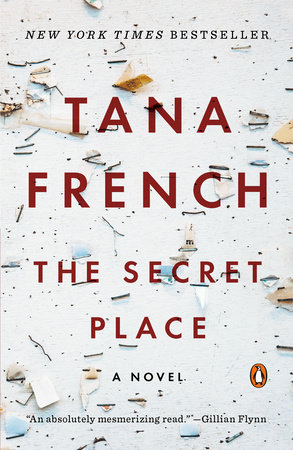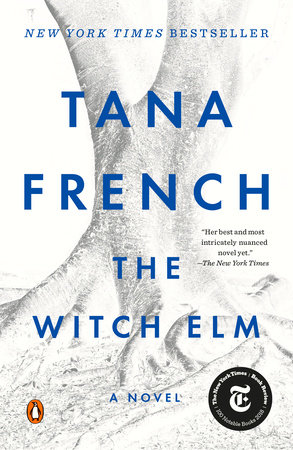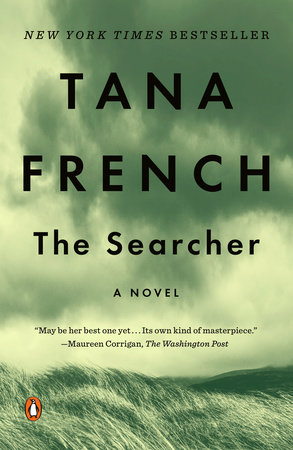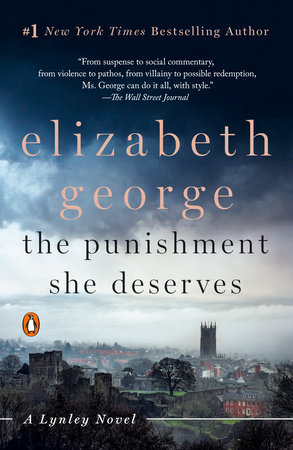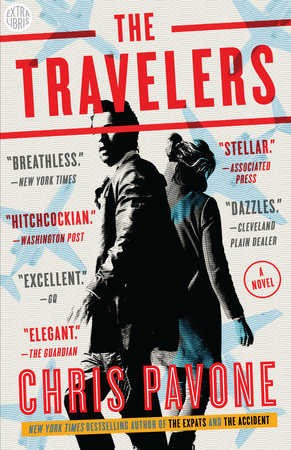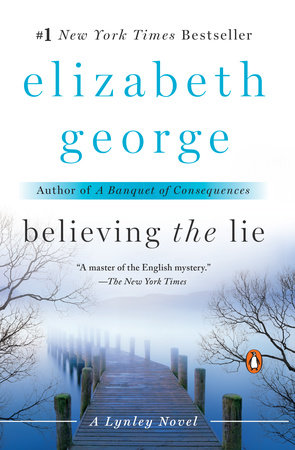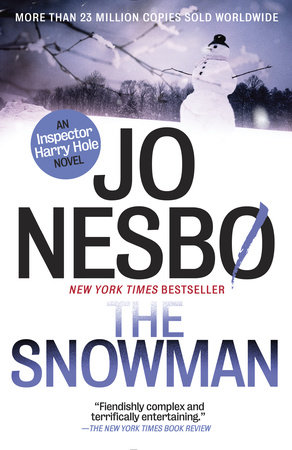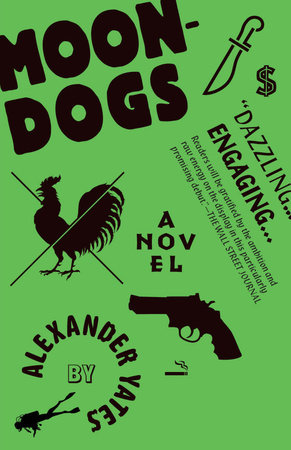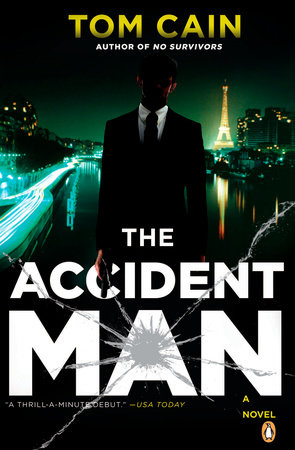Do you remember where and when you received the inspiration to write The Secret Place?
Someone—I wish I could remember who—told me about a website called PostSecret. It’s a wonderful site: people create postcards revealing secrets they want to share anonymously and send them to the site owner, who puts them up on the website. The postcards are beautiful, moving, disturbing, raw, funny . . . What struck me about the site is that it taps into twin contradictory needs that are right at the heart of human nature: we all want to keep our secrets, but we all want to reveal them, too. We want to be deeply known and understood, but we also want to hold our secrets inviolate. That site lets people do both at once.
So I started thinking about adolescence, which I think is when those twin needs are most intense, and what a place like that could mean to teenagers. And, because I write crime and I pretty much have to kill someone off, I started to think about what would happen if a teenager used a place like that website to reveal what he or she knew about a murder . . .
The Secret Place is an encore appearance for Frank Mackey and his teenaged daughter, Holly. What do you find compelling about these two and what made you want to revisit them?
Holly was a lot of fun to write about in Faithful Place. She’s feisty, strong-willed, loving, smart, and devious, which makes for interesting possibilities. So when I started thinking about writing about teenagers, it occurred to me that Holly, who was nine in Faithful Place, would be sixteen now—and that if she were to find a card that claimed someone had information about a murder, she’d probably bring it to Detective Stephen Moran, since she knows him from the events of Faithful Place. And it also occurred to me that Holly’s attitude to murder—especially a murder that had a huge impact on her closest friends—might be a bit more complicated than most people’s . . .
St. Kilda’s sounds like a real place. Did you go to a private girls’ school, or is this how you imagine it would be?
I think adolescence is, at heart, the same place no matter where you go to school, and no matter whether you’re a girl or a boy. It’s a strange, supercharged, liminal zone where reality’s borderlines aren’t as fixed as they are for adults: they can shift and slide, as they do for Holly and her friends; reality is defined by the interplay between you and your closest friends, rather than by anything outside that circle. And everything is crucially important, because you’re desperately trying to figure out, not only who you are, but who you’re going to allow to define that. Are you going to be the person that adults are telling you to be, the person your peers are telling you to be, or the person you feel you are? In order to find your feet in this world, you need to find a balance between all of those—and if you get that balance wrong, the way some of the characters do here, then things can go badly wrong.
I set the book in a small, private, single-sex school because it intensifies that atmosphere: it’s isolated from the outside world, so it heightens the feeling that only your private world is real, and that everything that happens in that world is immense and crucial. That way of thinking is seductive, but it’s also dangerous.
Texting plays a large part in The Secret Place. How did you become so adept at getting inside the mind of millennial teenaged girls and wrap your head around their thought process and the lingo?
I eavesdropped! I don’t know any teenagers, and I knew that, although the intensity and the central concerns of that age are always going to be the same, the ways they’re expressed change over time—my generation’s slang was different, we didn’t have mobile phones or social media . . . So I spent a lot of time lurking on teenagers’ Internet forums and Facebook accounts, and a lot of time hanging out at bus stops and on train platforms when school had just let out. Probably I looked like a total weirdo, staring into space as I edged closer to groups of girls, but I bet they never even noticed I existed. When you’re inside that bubble, the outside world doesn’t count.
The administration at St. Kilda’s is trying to hold off the Internet by creating the “Secret Place,” a bulletin board in a hallway where students can post messages, photos, and artwork. Do you think this could possibly succeed in the real high school? Or is this wishful thinking?
St. Kilda’s is a very controlled place, and teenagers are wild creatures who instinctively fight against being controlled. The Secret Place is meant to be a safety valve, a place where the girls can burn off a little of that wild energy in a safe, supervised way; it’s meant to hold off not just the Internet but all the passion and fury and longing of being that age. I think strategies like that can succeed in the short term—but they’re trying to suppress a force of nature, and in the long term, something’s going to give. That’s what happens in the book: that force boils up under all the neat control mechanisms, and finally it blows the lid right off them.
Antoinette Conway is a wonderful character. Her interplay with Stephen Moran—non-verbal, instinctive—is great character work. Do you think if the Dublin Murder squad really existed, it would be so anti-woman, and anti-this-woman?
I don’t think Conway’s real problem with the Murder squad is that she’s a woman. I think it’s that she’s still struggling with the same question that dogs the teenagers and Stephen: who gets to define you? Some people will always try to define others, by force if necessary, especially when those others are some kind of threat. One of the dynamics where that can happen is men trying to define women according to their own needs—but it’s far from the only one in real life, and it’s far from the only one in the book. Conway refuses to budge an inch to adapt to the Murder squad; she’s like a teenager refusing to conform to peer pressure, and the squad—which is a tight-knit, isolated world not that different from St. Kilda’s—reacts with the same ferocity as a group of teenagers would.
What is it that makes Antoinette and Stephen work so well together? Is it their ambition? Or is it that they both come from the same social class?
They do have those things in common—they’re both inner-city Dubliners in a job where most people come from solid rural backgrounds; and they’re both fiercely ambitious, although they go about achieving their ambition in very different ways. But what makes them work well together is their differences, more than their similarities. Stephen is a people-pleaser, to the point where he starts to lose hold of any sense of himself; Antoinette is the opposite, to the point where she shoots herself in the foot. Each of them is what the other needs—although definitely not what the other wants—and over the course of the book they start to come to terms with that.
Do you always know at the onset who the killer is? Or, is it more of an evolutionary process as you write?
I haven’t got a clue! When I start working on a book, I usually have a narrator, a core premise, and a core location in my head; everything else, I figure out as I go. I have to get to know the characters a bit, by writing them, before I can figure out which of them would do what and why.
What are you working on next? Will you be revisiting characters from previous novels and, if so, which ones?
Stephen and Antoinette are back, but this time Antoinette’s the narrator, and her tense relationship with the rest of the Murder squad is starting to break her down. She and Stephen pick up a case that looks like a routine domestic murder—but they start to realize that someone inside the squad isn’t on their side . . .
